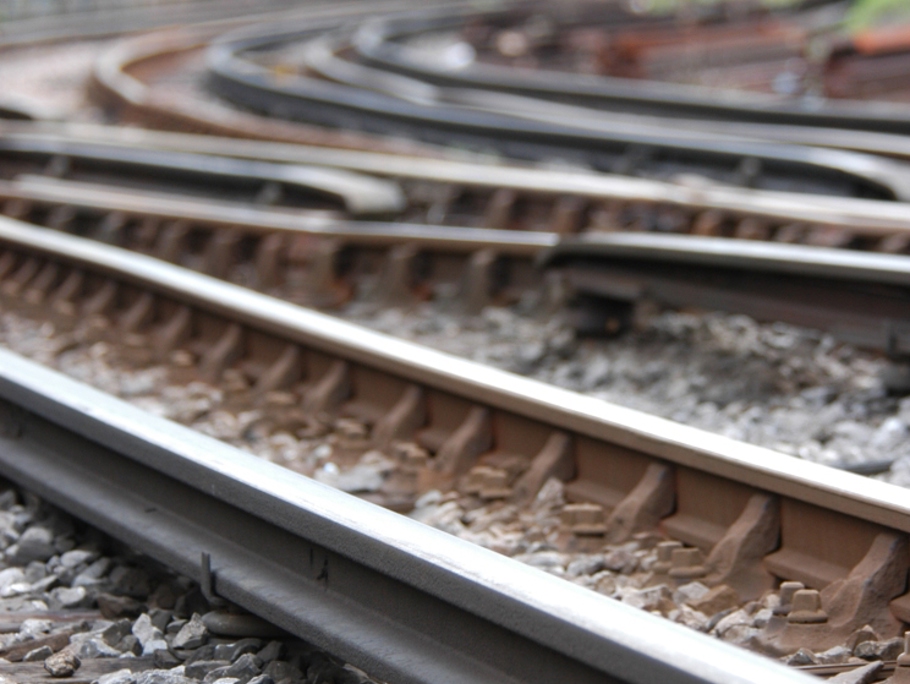One of the most important aspects of managing rail projects is the engineering assurance process by which designs are reviewed, approved and signed off by all stakeholders involved. On a complex multidisciplinary project, the process can be made more efficient by a collaborative, self-assurance approach between the client and the design, construction and maintenance teams.
On a Network Rail infrastructure project, a project management office (PMO) is typically set up by the infrastructure projects team. They are responsible for managing the aspirations of the project’s sponsor, controlling costs and ensuring outputs are met. As the design proceeds, individuals ranging from the Network Rail project engineers to the contractors’ respective engineering managers and responsible engineers meet at key stages to review and sign off the design through the feasibility, outline and detailed design stages. Other design, construction and maintenance parties will be involved to ensure compliance with all relevant standards and legislation.
For the Core Valley Lines (CVL) Transformation in Wales, a flatter, more integrated project hierarchy has been established. The client, Transport for Wales (TfW), specifies the high-level key output requirements and project budget for each package of works. Amey Infrastructure Wales (AIW) has overall responsibility for project delivery and oversees the PMO as the client’s managing agent. Engineers from Amey Consulting take the TfW high-level requirements and develop the solution through to detailed design and provide engineering management, assurance, and integration, while Amey Rail and three other main framework contractors physically deliver the works.
This has enabled a more streamlined programme management process. Approvals and assurance are handled within the Amey design, engineering management and construction teams. Overlapping roles have been merged, reducing the number of people involved; only the designer, independent checker, responsible engineer and engineering manager are required (as a minimum) to approve a design.
Designs are progressively assured during the design development phases, allowing the team to monitor progress, integrate the designs and resolve clashes before the next phase. This ‘progressive assurance’ opens up more opportunities for value engineering as well as action plans to ensure the design remains on track. It also reduces the risk of costly remedial action further down the line.
Amey’s self-assurance approach, established over the last three years, has proven to be more agile and effective than the traditional GRIP (Governance for Railway Investment Projects) processes. Where the GRIP process can be likened to a super tanker, the Amey approach is more like a speed boat, which can be continuously assessed, tweaked and improved as the design progresses. This is a more outcome focused approach which has the potential to significantly reduce costs and shorten design and build programmes while meeting the client’s requirements.
